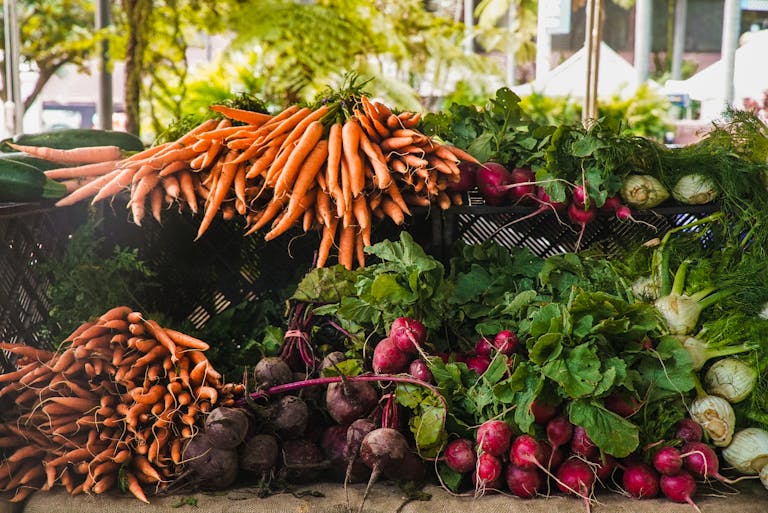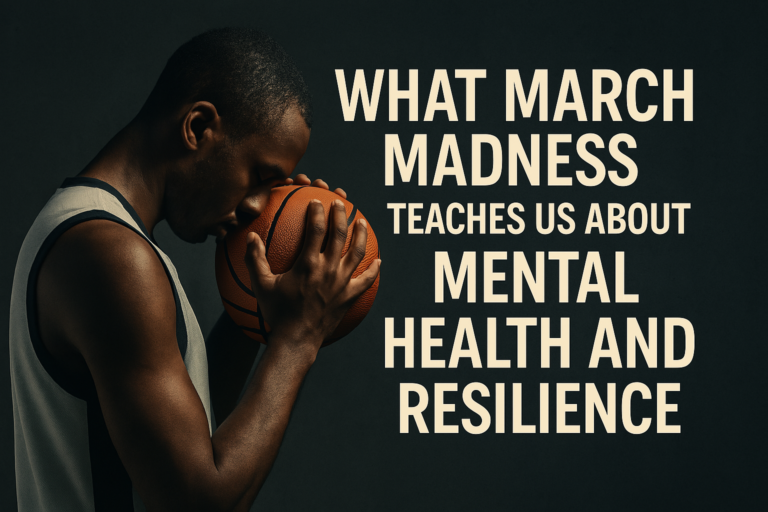How Artificial Intelligence is Transforming Smarter Nutrition
Introduction
Maintaining a healthy lifestyle has never been more accessible—or more complicated. With countless diet trends and nutritional advice available, finding a personalized approach that truly works can feel overwhelming. Enter artificial intelligence (AI)—a transformative tool reshaping the way we approach nutrition. AI-driven personalized nutrition offers tailored solutions to meet individual needs, from weight management to improving overall health. In this article, we’ll explore how AI is changing the game, the benefits it provides, real-world applications, and how you can get started on your own personalized nutrition journey.
Healthy lifestyle has never been more accessible—or more complicated.

What is Personalized Nutrition?
Personalized nutrition goes beyond one-size-fits-all dietary recommendations. It’s about creating tailored strategies based on individual characteristics, including:
- Genetic predispositions: How your DNA affects nutrient absorption and metabolism.
- Health conditions: Managing allergies, intolerances, or chronic diseases like diabetes.
- Daily habits: Adjusting for activity levels, sleep patterns, and work schedules.
- Preferences and goals: Catering to vegan, keto, or low-carb diets, as well as weight loss or muscle gain.
AI leverages big data and advanced algorithms to make these personalized recommendations efficient, accurate, and easy to implement.
How AI Transforms Personalized Nutrition?
1. Comprehensive Data Collection
AI collects and analyzes data from various sources, such as:
- Wearable devices like Fitbit or Apple Watch, which monitor activity and sleep.
- Meal-tracking apps that log food intake and caloric consumption.
- Genetic testing kits, offering insights into hereditary health factors.
- Medical records and lab results that identify deficiencies or specific health risks.
This comprehensive data enables AI to create highly tailored recommendations.
2. Real-Time Meal Planning
AI platforms analyze your current habits and provide dynamic meal plans. These plans can adapt based on:
- Progress: Adjusting caloric intake as you lose weight or gain muscle.
- Seasonal availability: Suggesting meals based on fresh, local produce.
- Preferences: Offering alternatives for foods you dislike or cannot eat.
3. Behavioral Insights
AI detects patterns in your behavior, such as emotional eating or skipping meals, and offers actionable strategies to break these habits. For example, if you tend to snack late at night, the system might suggest higher-protein dinners to curb cravings.
The Benefits of AI in Personalized Nutrition
1. Precision Like Never Before
AI provides science-backed insights, eliminating guesswork and ensuring your nutritional plan is as accurate as possible.
2. Time Efficiency
Gone are the days of manually tracking calories or researching recipes. AI simplifies the process, allowing you to focus on achieving your goals.
3. Improved Long-Term Outcomes
Whether it’s preventing chronic diseases, maintaining a healthy weight, or optimizing athletic performance, AI-driven nutrition helps you achieve sustainable results.
4. Enhanced Motivation
Many platforms gamify progress tracking, rewarding users for meeting milestones, which boosts motivation and adherence.
5. Environmental Benefits
AI can recommend sustainable food choices, like plant-based alternatives, helping you reduce your carbon footprint.
Examples of AI-Driven Platforms and Tools
1. Apps and Wearables
- Noom: Combines psychology and AI to create sustainable weight-loss plans.
- MyFitnessPal: Tracks food intake and suggests improvements based on user data.
- Garmin Connect: Syncs with wearables to provide activity-based dietary recommendations.
2. Genetic Testing Integration
- DNAfit: Uses genetic information to design personalized diets and fitness plans.
- Nutrigenomix: Focuses on the relationship between genes and nutrients.
3. Meal Delivery Services
AI-powered services like PlateJoy and Trifecta Nutrition offer pre-made meals tailored to your health goals and dietary restrictions.
4. AI Nutrition Coaches
Virtual assistants powered by AI provide instant guidance, answering questions about meal choices or portion sizes in real-time.
Daily Personalized Nutrition in Action
To understand how AI personalizes nutrition, here’s a hypothetical case study:
Meet John:
John is a 40-year-old professional with a sedentary lifestyle, aiming to lose 10 pounds and manage his cholesterol levels. Using an AI app:
- It suggests high-fiber breakfasts like oatmeal with chia seeds to improve heart health.
- It tracks his lunch choices and recommends swapping processed meats for grilled chicken or tofu.
- It sends reminders to drink water and prompts light evening walks to boost metabolism.
After three months, John reports lower cholesterol and improved energy levels—achieved effortlessly with the AI’s support.
Practical Tips for Using AI in Your Nutrition Journey
1. Start with Wearables
Invest in a fitness tracker or smartwatch to monitor your activity, heart rate, and sleep patterns. Devices like Fitbit or Garmin integrate seamlessly with AI nutrition apps.
2. Use Food Logging Apps
Apps like MyFitnessPal allow you to log meals and gain insights into your eating habits. Many sync with wearable devices for a complete picture of your health.
3. Explore Genetic Testing
Consider DNA testing kits like 23andMe to uncover insights about how your genes impact your dietary needs. Share this data with AI-driven platforms for even more tailored advice.
4. Test Meal Delivery Services
Busy schedules? Try AI-powered meal delivery platforms like PlateJoy, which customize meals based on your preferences and health goals.
5. Stay Consistent
AI tools are most effective when you use them consistently. Set daily reminders to log meals, track progress, and review recommendations.
Challenges and Ethical Considerations
While AI offers exciting possibilities, it’s not without limitations:
- Cost: High-end AI-driven platforms and genetic testing can be costly, though more affordable options are emerging.
- Privacy Concerns: Safeguarding sensitive health data is critical.
- Data Accuracy: AI relies on the quality of the data inputted, so incomplete or incorrect information could lead to suboptimal recommendations.
Future Trends in AI and Nutrition
The next frontier for AI in nutrition includes:
- AI-Powered Communities: Platforms fostering peer support and accountability, powered by AI-driven insights.
- IoT Integration: Imagine smart fridges that suggest recipes based on what’s inside.
- Augmented Reality (AR): Apps using AR to show portion sizes or demonstrate cooking techniques in real time.
Conclusion
Artificial intelligence is revolutionizing personalized nutrition, offering solutions that are precise, adaptable, and deeply informed. By analyzing vast amounts of data, AI enables individuals to create sustainable, tailored plans that cater to their unique needs and goals. Whether you’re looking to lose weight, boost energy, or simply eat smarter, AI provides the tools to transform your health journey.
Your health is your greatest investment. With AI, you can make informed choices that align with your lifestyle, empowering you to achieve lasting wellness. Are you ready to start your personalized nutrition journey? The future of health is here—why not embrace it today?








Spot on with this write-up, I actually think this website needs much more consideration. I’ll most likely be once more to read much more, thanks for that info.